Ivory Coast

Uplifting Farmers and Their Community
Economic Impact
Moreover, economic empowerment from these innovations directly enhances living standards. With better access to resources, farmers and their communities can invest in education, healthcare, clean water, and improved housing. These advancements promote community development, creating healthier, more prosperous environments where both people and the planet can thrive. By embracing sustainable technologies and fostering economic growth, businesses and farmers can create a positive cycle of development that benefits present and future generations.
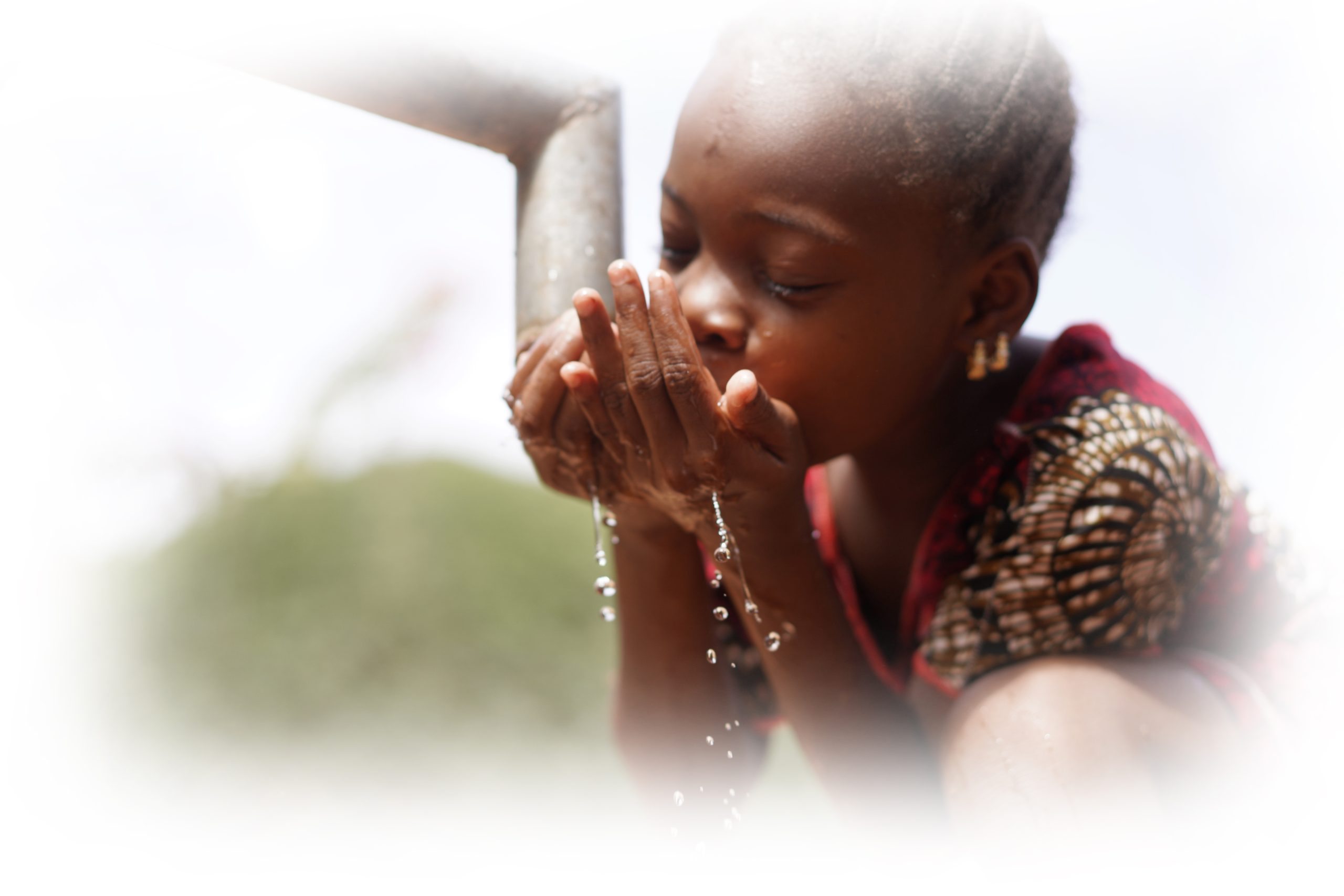
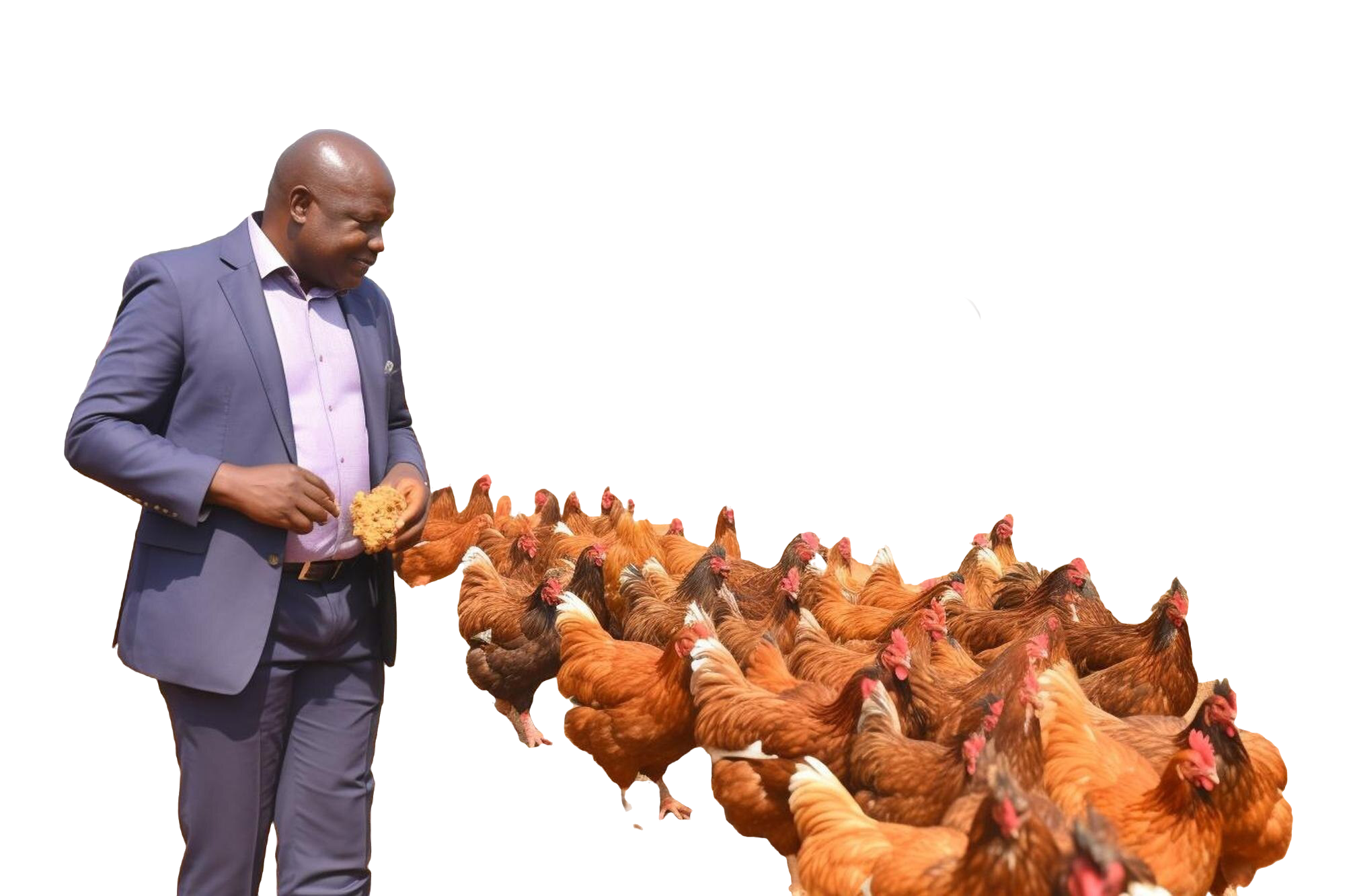
Forging Strong Partnerships with Rural Workers
Promotion of Decent and Productive Employment
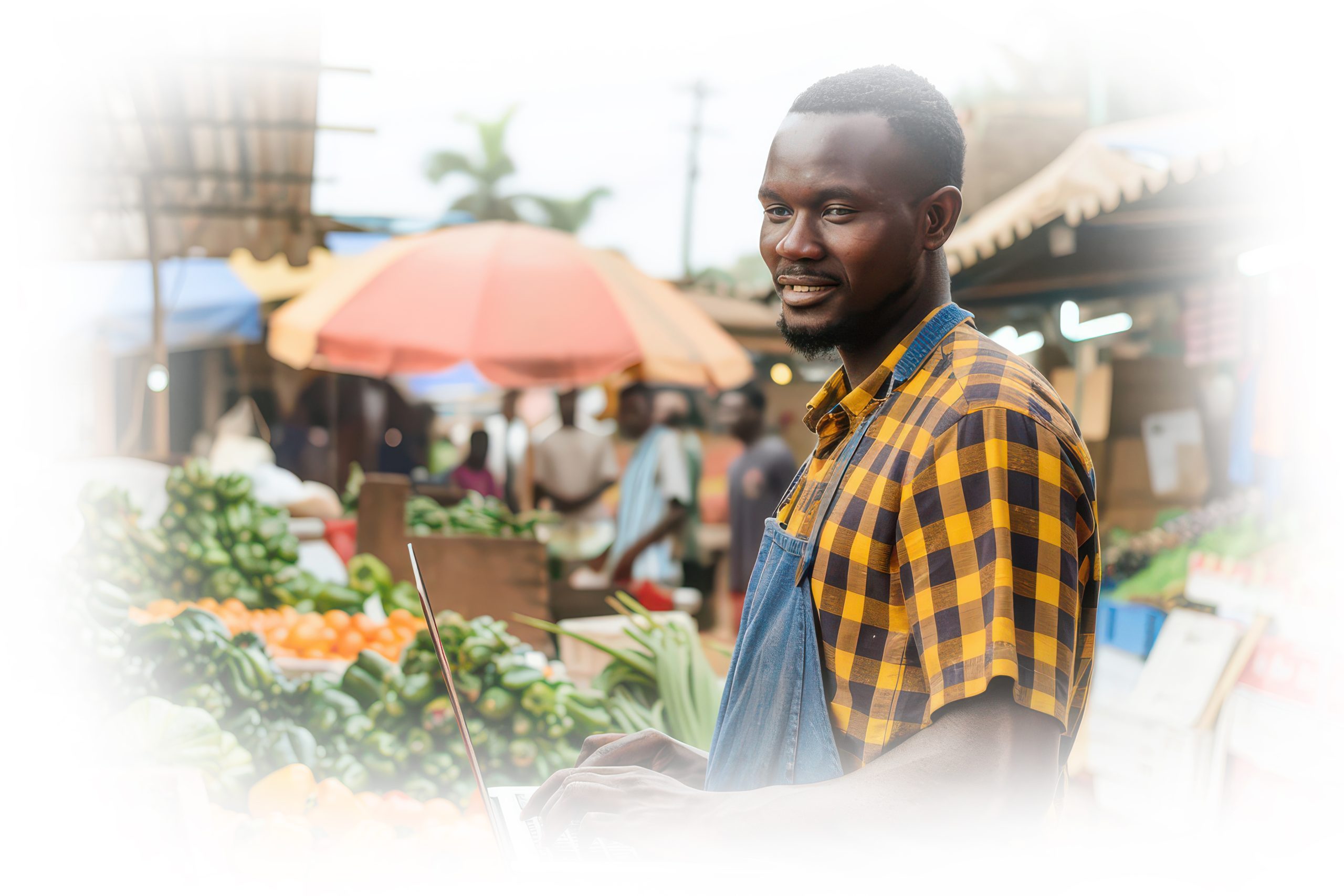
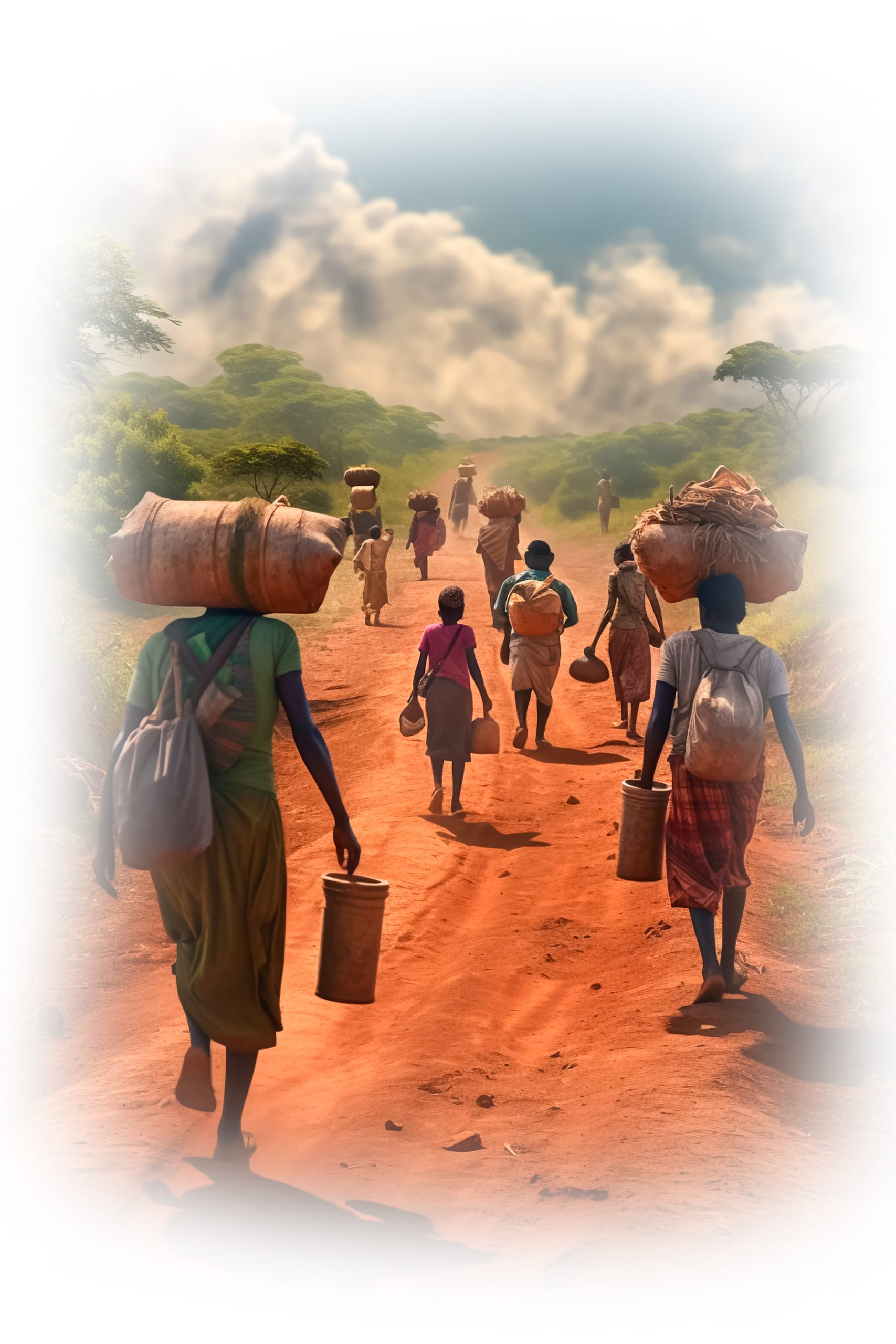
Social Protection
Respect for Fundamental Labor Rights

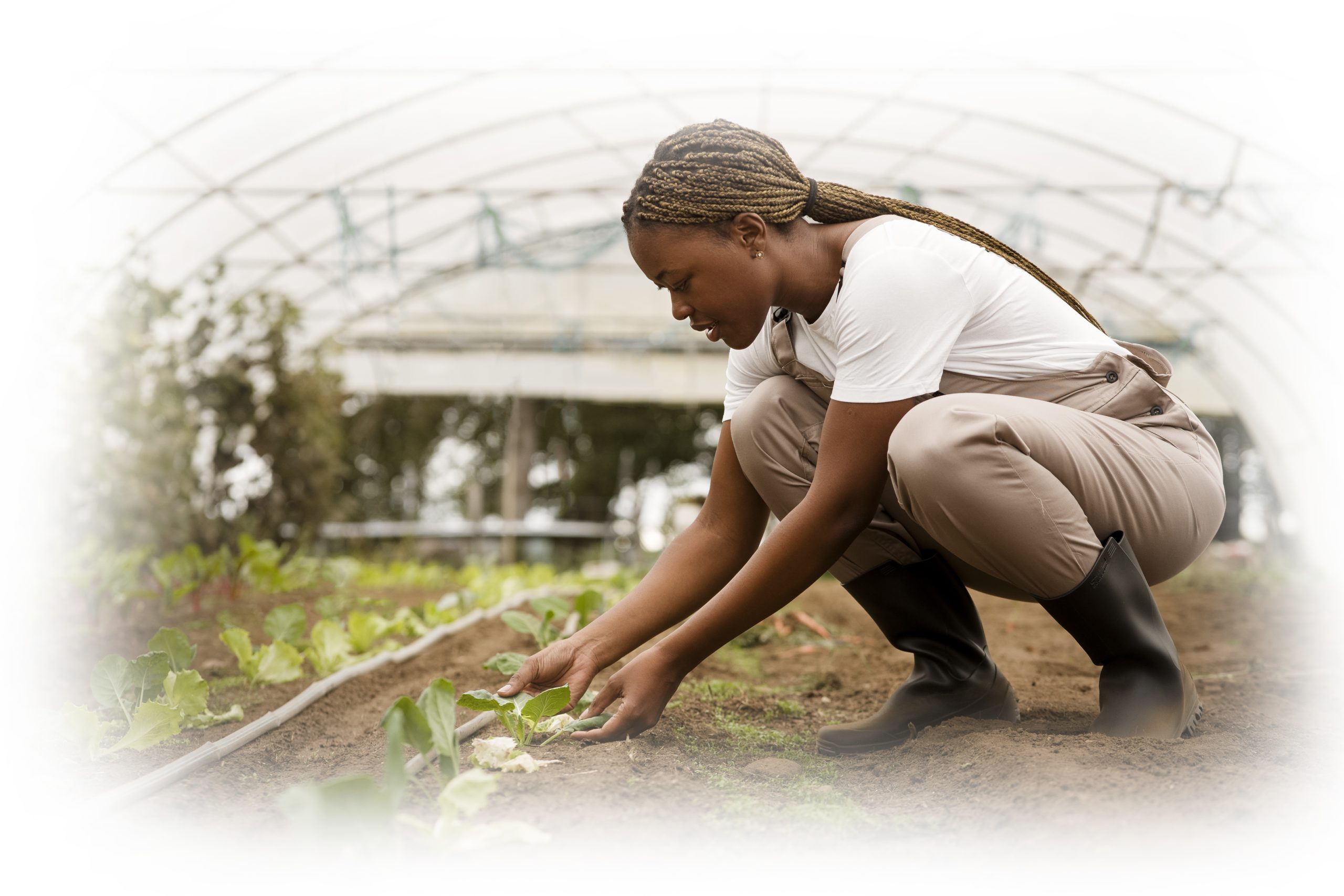
Community-Centric
Conservation and farming improvement trainings empower communities by combining sustainable agricultural practices with social and economic progress. A key element is empowering women through entrepreneurship and leadership training, enabling them to become active decision-makers in the community. Providing successful programs helps ensure better access to clean water, improved living standards, and support for better healthcare facilities through increased farming productivity. Providing closer access for educational opportunities, teaching/training modern farming techniques, financial management, and market access also promotes social protections like fair wages and the prevention of child labor. These trainings strengthen sustainability, food security, and economic resilience, all while safeguarding natural resources.
Sustainability Projects

